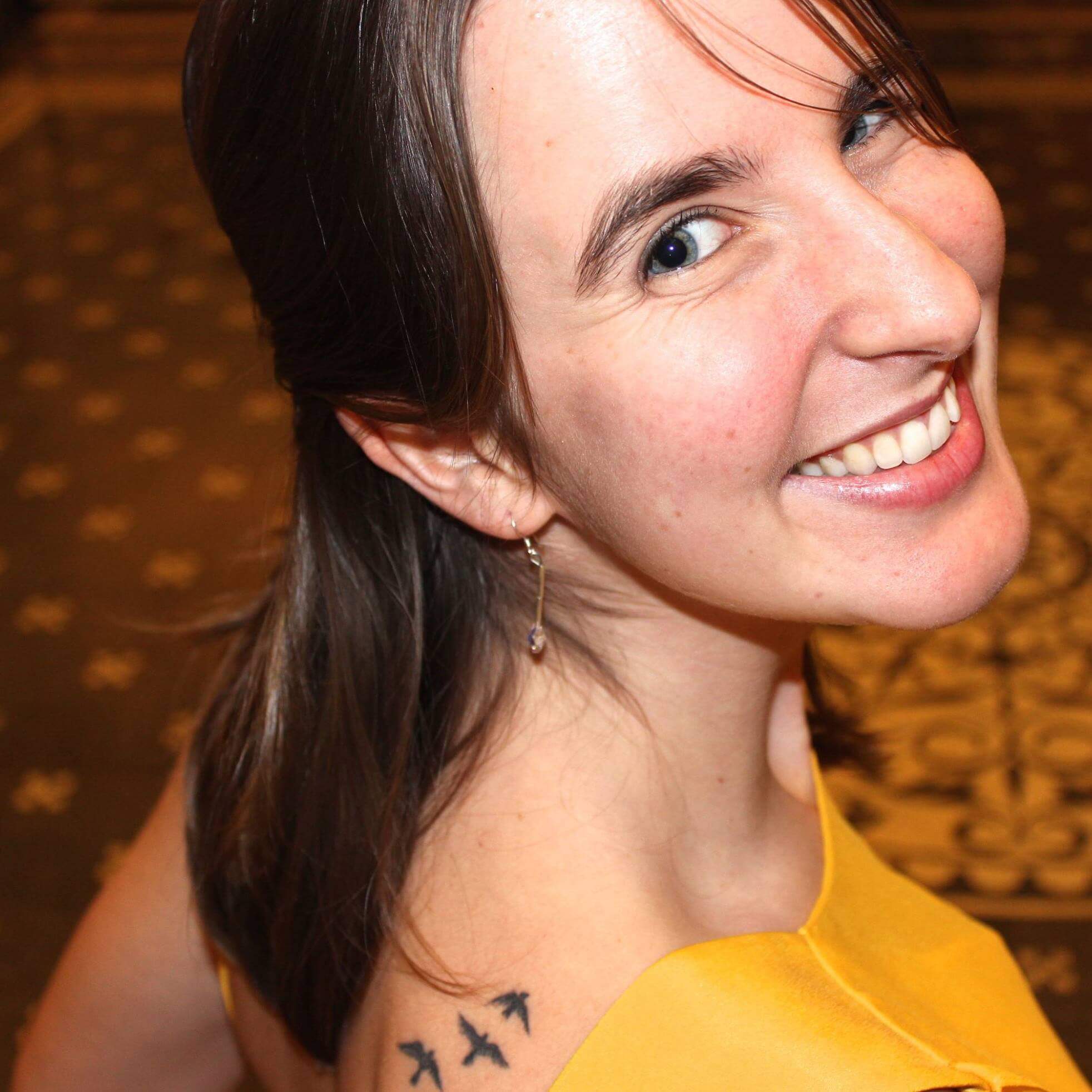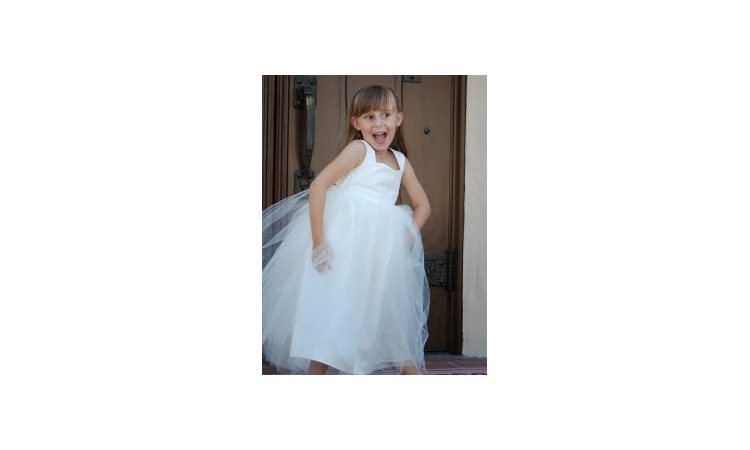Note: This article is for folks who have too much stuff and are interested in giving some of it away for free in ways that better their communities. There is absolutely no shame if you don’t have the stuff or money to do that. I have some ideas for you at the bottom of the page.
Almost everybody has heard of Marie Kondo by now, who’s famous for her book The Life-Changing Magic of Tidying Up. (Now she’s even on Netflix, showing us her work with clients.) Her method, Konmari, has become an inspiration for many people who are trying to clean up their lives and change the way they view, interact with, and purchase stuff. Most people have more stuff than they know what to do with, and I’m one of them. This is the perfect time to look a little bit more closely at how we use (or don’t) our things, as well as to consider the good we could do with them.
I believe that many of us are beginning to ask this question, especially as we become more aware of economic disparities in America. I grew up in a family with means, and I have always been surrounded on all sides by material things. I’ve never been without a good book to read or a toy to play with, an outfit to wear, comfortable furniture in beautiful living spaces, gifts on holidays, technology to help me learn and do more, and so on. I have fantastically cute children’s toys and clothing to give to my children, selected from my own favorites as a kid. Yet as I’ve grown older, I’ve realized that having so much stuff beyond can make me feel trapped. Do I wear even half of my clothes? How did I end up with so many trinkets and gifts that I never use? As I begin a job in a field with lower salaries, I’ve been shifting lenses. I’m reflecting on what really matters and how I’ll be budgeting and using my money in the future. I’ve been going through my clothes at least twice a year for as long as I can remember, but now, I think about how I buy clothes and other goods. I’m much pickier now, and it feels great because I know I’m becoming a more conscientious consumer.
Here are some categories I’ve made for things to give away, as well as guiding ideas for each of them.

Questions: As Marie Kondo says, does this item spark joy? (Do I wear it? Do I read this book? Do I use this item?). That is, could it do more good for others than for you? Are there people in your immediate community who could use this, or do you think it would do more good in a different community, meaning you should consider a national charity instead of your church/local community organization’s donations pile? Lastly, once you’ve decided you no longer need an item, is it nice enough to give it away or should you discard it? (Just because someone needs a piece of clothing doesn’t mean that you should donate something with huge rips and stains – people deserve to feel dignified and comfortable.)
Clothes: Some people say that if you diet and exercise, you should never keep your “bigger” clothes because then you have the ability to backslide with no consequences. I think that’s total crap. I don’t know about you, but I fluctuate between sizes regularly. I have two sealed bags of my favorite clothes that are too tight and too big, respectively, that I keep under my bed. I’m not going to shame myself if I have to bring out one of those bags – I’ll be thankful to have those better-fitting clothes. However, I only keep my favorites, both past and current.
Here are charities that take clothes. Each of them has different items that they will and won’t accept, as well as instructions for how they should be packaged. Pick your favorite and learn more about what they’re looking for.
Toys: Toys are so, so sentimental that it can be hard to give them away. What helped me get through that was babysitting two kids whose eyes went wide when they saw my stuffed animals. I was many years past playing with them, and even though I was planning on saving this crop for my future children, I didn’t need all of them. I kept the first teddy bear I ever received, but offered any of the others to the kids. I gave them “adoption” paperwork to sign, which included a promise that they would play with and love the toys. What mattered was that they’d be enjoyed and loved. When I give old toys away now, I thank them for their service and think about how excited a little one will be to have them.
Here are charities that take toys.
Books: Are you going to read it again? (Are you ever going to read it?) If it’s a reference book, do you need the information, or can you find it on the internet? Most public libraries have annual book sales. Ask yours. If they’re very specific books – for example, I went to seminary, and most people don’t necessarily want to read intense theology books – think about a more specific organization that might want them. Do you have a school near you that has classes related to that subject? If not, think about who’s in your social circle, and offer them your books. If they’re children’s books, are you planning on having children? Do you know any parents-to-be around who could use them, especially as they will have so many other expenses?
Items given to you by past romantic partners or ex-friends: Some items may feel too emotionally loaded to keep. But they may be too important for you to throw out or give away. You may want to give the object to someone who knows its history and significance. One of my closest friends and I have started giving each other what we called “redeemed objects” – items that can take on a new meaning on top of the old and sometimes painful ones. She now has three gorgeous pieces of jewelry that I just couldn’t keep, and she loves them, which makes me happy. Sometimes, though, let’s be honest: throwing away the items is the right way to go. Just make sure to get rid of them properly (and everything else, too).
If you’re in a situation where you are unable to give things away for free, consider going to local clothing swaps (including online ones), selling items to a consignment store, posting them in online marketplaces, and so on, and perhaps looking for community organizations that are giving out what you need. You can call 211 or more information.
Even if you have nothing you can give fiscally or materially, you have love in your heart, and if you have the time in your schedule, you can give a bit of it away to a local charity or community group that you think is doing good work. Don’t be mistaken, you will always have something to give just by being you and being in the world.
“Money is not the only commodity that is fun to give. We can give time, we can give our expertise, we can give our love or simply give a smile. What does that cost? The point is, none of us can ever run out of something worthwhile to give.” – Steve Goodier
I hope this has inspired you to take a look around you to see what/if you have something that you can give up. You just might feel lighter when you do.







A Love Letter to the Public Library
[…] could hold and put on my own shelves. Now, I’m letting go of the need to own so much and enjoying what I can get for free, learning how to leave more time for little joys like reading, and experiencing another literary […]